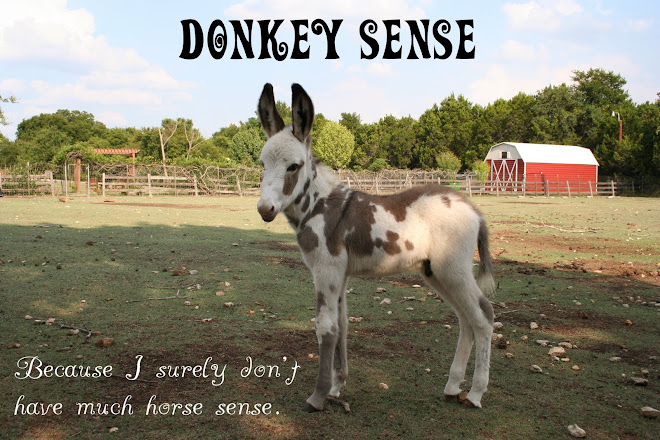I
read an article recently that talked about how loneliness creates
stress, and stress can make you behave irrationally, and it reminded
me of something that happened to me during a depressive episode.
I
love my cats. Cats have been a part of my life since I was a very
small child. I tend to take care of them better than I take care of
myself. Chronic
depression has also been a part of my life since I was a child.
Not too long ago, during a fairly bad depressive episode, one of my
cats stopped eating and just lay by the wall all day barely moving.
I didn’t even think
about taking her to the
vet, I just thought
that she was old and dying and there was nothing we could do other
than say our good-byes. Fortunately, my husband does not suffer from
depression. He took her to the vet where they gave her a shot of
antibiotics, and in a couple of days, she was fine.
Depression is not just “feeling sad”. Depression is something in your brain that is constantly telling you that things are worse than they actually are. When your depression is not that bad, you can sometimes remember that depression is a liar and tell yourself not to listen to it. But when your depression draws you down deep, your brain is just too overwhelmed with negative thoughts for anything else to find its way in.
People who are happier than normal are said to see the world through rose-colored glasses. People with depression see the world through inescapable welding masks. Everything is experienced through a dark narrow filter that can make even the brightest day seem dismal.
Depression, in the clinical sense, is not an emotion; it’s a malfunction.
Depression is not just “feeling sad”. Depression is something in your brain that is constantly telling you that things are worse than they actually are. When your depression is not that bad, you can sometimes remember that depression is a liar and tell yourself not to listen to it. But when your depression draws you down deep, your brain is just too overwhelmed with negative thoughts for anything else to find its way in.
People who are happier than normal are said to see the world through rose-colored glasses. People with depression see the world through inescapable welding masks. Everything is experienced through a dark narrow filter that can make even the brightest day seem dismal.
Depression, in the clinical sense, is not an emotion; it’s a malfunction.
